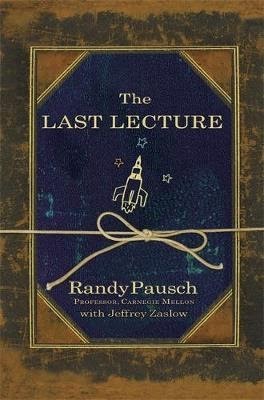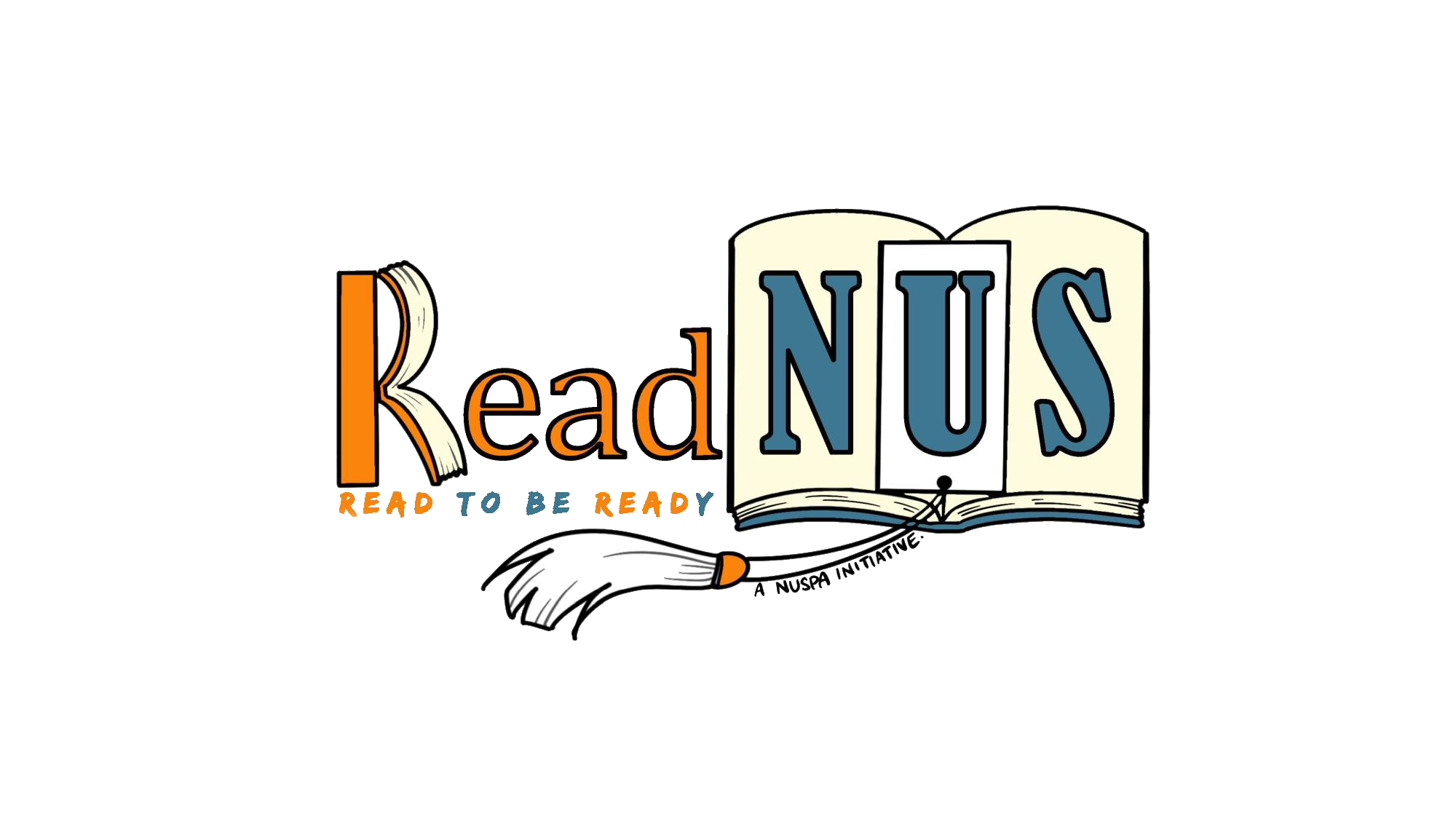The Last Lecture: Life Lessons From Childhood Dreams
When we think of childhood dreams, we may think about simple things like winning the most soft toys from claw machines in game carnivals, or loftier ones like wanting to be an astronaut or a singer in future. For Randy Pausch, a professor at Carnegie Mellon University, childhood dreams had a special meaning for him in shaping the trajectory of his life, and he spoke about them in his last lecture at the university.
In the book that followed, The Last Lecture, Pausch shares his life experiences in various chapters as a way to impart life lessons he really wanted to teach his three young children, then aged five, two, and one.
The book was a gift from my Primary 5 English teacher and it has been invaluable in giving me various pieces of life advice, the most important one being to always follow your dreams and do what you love.

Giving a “last lecture” that was really his last lecture
Pausch gave the lecture on September 18, 2007, as part of the university’s “Journeys” series in which professors were asked to consider their demise and ruminate on what they would like to impart to others if it were their last chance.
However, he did not have to imagine it as his last, as he was diagnosed with late-stage pancreatic cancer and given only three to six months to live. As his kids were too young then to fully understand the life lessons he wanted to teach them, he decided to conduct the lecture and write the book as a way for them to understand those lessons in the future through a unique way — his childhood dreams.
Lessons learnt from chasing childhood dreams
Pausch was a big believer in the power of childhood dreams. Some of his own dreams included floating in zero gravity, playing for the National Football League, writing an article for the World Book Encyclopedia, and being an Imagineer for Disney — a dream triggered when he visited Disneyland as a wide-eyed eight-year-old!
Amazingly, he fulfilled three of them, and for the one he did not (the football one), he took up the sport as a hobby and also had some valuable takeaways from the experience of chasing that dream. In particular, he shared how his coach had not brought along any footballs during their first session. The reason? His coach had wanted the students to focus on the foundations of the game first, before going into actual training with the football. This taught him the importance of fundamentals in everything he did. In his words, “You’ve got to get the fundamentals down, because otherwise the fancy stuff is not going to work.”
Another great advice I felt he shared was regarding our receptiveness towards feedback. In life, we will all receive both praises and criticisms from others. In the book, Pausch shared that he had undergone some tough training under his football coach and was often punished by being made to stay behind for extra training. While he felt beaten up over it, an assistant coach enlightened him by telling him it was a good thing that he was going through all these, as it meant the coach had truly wanted him to improve.
“When you see yourself doing something badly and nobody’s bothering to tell you anymore, that’s a bad place to be. You may not want to hear it, but your critics are often the ones telling you they still love you and care about you, and want to make you better.” This was a quote which has stuck with me and I personally feel that it is a really healthy mindset for everyone to have. More often than not, those who give you honest criticism do truly want to help you improve, and it is essential that we do not take those feedback personally, but instead see them as valuable chances to realise where we can become better people.
My favourite life advice snippets
Throughout the book, Pausch also shares numerous anecdotes from his personal life to illustrate his points and emphasise various snippets of life advice he has. His wit and humour shone through the stories he told, and I absolutely loved many of the tips he gave.
Here are just a few of my favourites!
-
Time is all you have. And you may find one day that you have less than you think.
A brutally honest quote, this is really an essential reminder to each and every one of us that we should really make the most out of our time to pursue our dreams and cherish the time we spend with our loved ones.
-
Watch what they do, not what they say.
Pausch specially left this advice for his daughter to guide her in romantic relationships, but it can be a useful tip for many other situations. In a world where people cannot stop talking, how do you differentiate between empty vessels and those who actually have substance? It’s really simple — ignore what they say and only pay attention to what they do.
-
No job is beneath you.
“So many graduating seniors have this notion that they should be hired because of their creative brilliance. Too many are unhappy with the idea of starting at the bottom.”
Having worked in industries considered less ‘prestigious’ in our society such as in the food and beverage sector, I learnt that we should have respect and admiration for everyone who pursues their craft with passion, no matter how well-paying (or not) it may be.
In particular, I really like an anecdote that Pausch raised: “You ought to be thrilled you got a job in the mailroom. And when you get there, here’s what you do: Be really great at sorting mail.”
Final thoughts
Pausch was a Carnegie Mellon computer science professor, a Walt Disney Imagineer, a football enthusiast, a man “married to the woman of [his] dreams,” but above all, the one role he wanted to fulfil the most was that of a father to his three young children. And he did so with immense passion through his last lecture and the book that followed, not only teaching them invaluable life lessons that will definitely be useful for them many years down the road, but also guiding millions of readers all around the world.
Childhood dreams are illustrative of our simple and (sometimes amusing) lofty aspirations, and they can also help us on our life journey as goals to work towards or experiences to learn from. While I did not fully understand the book at age 11, over time I have come to slowly learn the meaning and significance of the life advice given.
This is definitely my favourite book of all time so I highly recommend you give it a read, and if you are interested, watch the lecture as well — I sincerely hope the content will benefit you as much as it did for me.
By: Daphne Yow, ReadNUS Editorial Team
